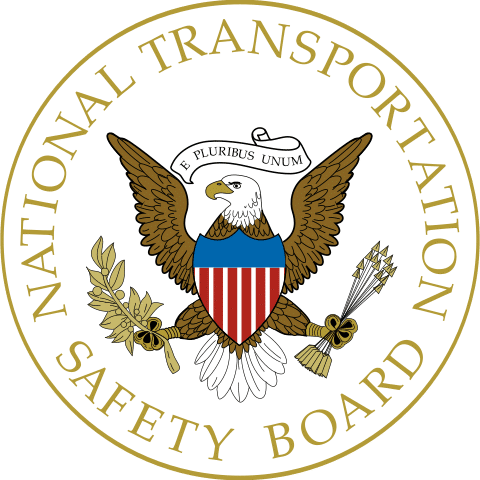According to a preliminary report issued by the National Transportation Safety Board (NTSB), a small plane crash that occurred in Sumner County on July 2 was likely the result of mechanical issues. While it may be months before they reach a final conclusion, there is evidence to suggest that the plane may have had a mechanical malfunction that led to the crash. Sadly, the accident might have been prevented with better maintenance, or if the pilot had simply chosen not to get into the air without ensuring it was in proper shape.
The Events Leading Up to the Crash
On July 2, the pilot for the plane was hired by its new owner to fly the plane from the Spirit of St. Louis Airport (SUS) in St. Louis, Missouri, to Western Carolina Regional Airport (RHP) in Andrews, North Carolina, where the owner lived. The pilot, notably, did not have experience with that model of plane, and so performed multiple touch-and-go landings to become more accustomed to the plane. However, when he touched down at Hopkinsville-Christian County Airport (HVC) in Hopkinsville, Kentucky, the plane refused to start due to a dead battery, in an ominous sign of what was to come.
Mechanical Problems Presaged the Crash
Initially, the plane’s engine would not start, and needed to be hand-propped in order to take flight from HVC, convincing the pilot to fly to a nearby airport rather than attempting the full flight to its destination. This would turn out to not be the last of the plane’s mechanical issues, as about 20 minutes later, the pilot reported that the engine was failing, and that he would need to make an emergency landing. The plane crashed shortly thereafter, killing the pilot in the process.
Possible Causes of the Crash
The most likely culprit behind the crash are the mechanical issues indicated by the report, both from communications from the pilot as well as an investigation of the plane itself. It is likely that the plane was not safe to fly, and the series of mechanical issues experienced by the pilot show that it likely should have undergone maintenance and repairs before completing the flight. The pilot may also have erred by continuing with the flight even with the known mechanical problems, such as the dead battery.
Why This Matters
All airplanes are complex machines that require constant maintenance to ensure they are safe to fly. When owners fail to ensure their planes are in good working order, they are at a much higher risk of suffering a mechanical failure and crashing. Pilots also need to be aware of the state of their plane, and be prepared to stay grounded in order to avoid an overly risky flight.


Leave A Comment